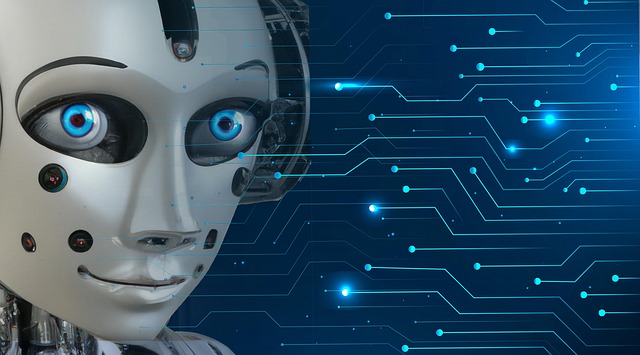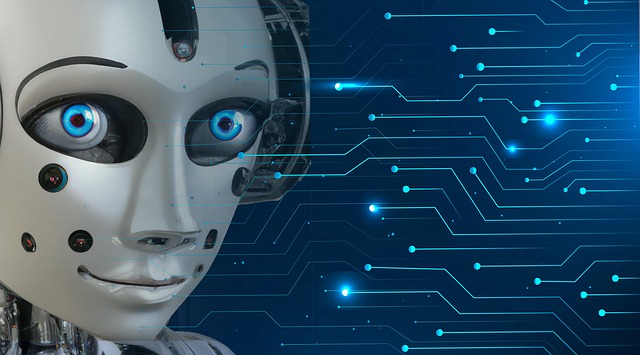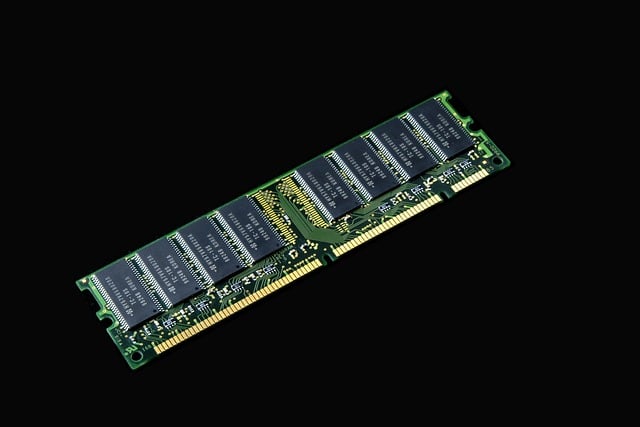# AI Technology: Pioneering New Solutions for Challenges in Business and Everyday Life
Artificial Intelligence (AI) has emerged as a transformative force in the 21st century, reshaping industries and influencing daily activities. Its ability to process vast amounts of data, learn from experiences, and make informed decisions has led to revolutionary advancements in various sectors. This article explores how AI technology is addressing significant challenges in business and everyday life, highlighting its applications, benefits, and future potential.
## Transforming Business Operations
In the realm of business, AI is redefining operational efficiency. Companies are increasingly leveraging AI-driven solutions to streamline processes, enhance decision-making, and improve customer experiences. One notable application is in data analysis. Businesses can now utilize AI algorithms to sift through enormous datasets, uncovering trends and insights that were previously obscured. This capability allows organizations to make data-driven decisions, ultimately leading to enhanced productivity and profitability.
Moreover, AI-powered chatbots have revolutionized customer service. These virtual assistants provide instant responses to customer inquiries, ensuring that businesses can maintain a high level of engagement without overwhelming human staff. By automating routine queries, companies can allocate their human resources to more complex issues, thereby improving overall service quality. As a result, customer satisfaction has seen a notable uptick, fostering brand loyalty and trust.
Additionally, AI technologies are being integrated into supply chain management. Predictive analytics, powered by machine learning, enables businesses to forecast demand accurately, optimizing inventory levels and reducing waste. This proactive approach not only minimizes costs but also enhances the ability to respond to market fluctuations swiftly. As a consequence, organizations can maintain a competitive edge in an increasingly dynamic marketplace.
## Enhancing Everyday Life
Beyond the corporate world, AI is making significant strides in enhancing everyday life. One of the most visible impacts is in the realm of smart home technology. Devices such as smart thermostats, lighting systems, and security cameras utilize AI to learn user preferences and automate various tasks. For instance, a smart thermostat can adjust heating and cooling based on a user’s schedule, leading to increased energy efficiency and reduced utility bills.
Health and wellness applications also benefit from AI advancements. Wearable devices equipped with AI algorithms can monitor vital signs, track fitness levels, and even detect potential health issues before they become critical. By providing personalized health insights, these devices empower individuals to take proactive measures in managing their well-being. Furthermore, telemedicine platforms are increasingly incorporating AI to analyze patient data, enabling healthcare providers to offer tailored treatments and recommendations.
Transportation is another area experiencing significant transformation due to AI. Autonomous vehicles, powered by sophisticated AI algorithms, promise to revolutionize how we commute. These vehicles can analyze real-time traffic data, optimize routes, and enhance safety through advanced sensor technology. As a result, the potential for reduced traffic congestion and lower accident rates is becoming a tangible reality. Moreover, ride-sharing services are utilizing AI to improve matching algorithms, ensuring that drivers and passengers are connected more efficiently.
## Addressing Ethical Considerations and Future Prospects
While the benefits of AI technology are undeniable, ethical considerations surrounding its implementation cannot be overlooked. Concerns about data privacy, algorithmic bias, and job displacement are at the forefront of discussions about AI’s future. As AI systems rely heavily on data, ensuring that this information is collected and used responsibly is paramount. Organizations must prioritize transparency and accountability in their AI initiatives to build trust with consumers.
Furthermore, addressing algorithmic bias is essential to prevent the perpetuation of societal inequalities. Developers must be vigilant in training AI systems on diverse datasets and continuously monitoring their outputs for fairness. By fostering a culture of inclusivity in AI development, we can mitigate the risk of bias and ensure that AI technologies benefit all segments of society.
The future of AI technology holds immense potential for further innovation. As research progresses, we can expect advancements in natural language processing, computer vision, and robotics, leading to even more sophisticated applications. Collaborative AI, which emphasizes human-AI partnerships, is likely to gain traction, enhancing creativity and problem-solving capabilities across various fields.
In conclusion, AI technology is pioneering new solutions for challenges faced in both business and everyday life. Its ability to streamline operations, enhance personal experiences, and address pressing issues positions it as a critical component of our future. However, as we embrace these advancements, it is crucial to remain vigilant about ethical considerations, ensuring that AI serves as a force for good in society. By doing so, we can harness the full potential of AI technology to create a more efficient, equitable, and innovative world.










